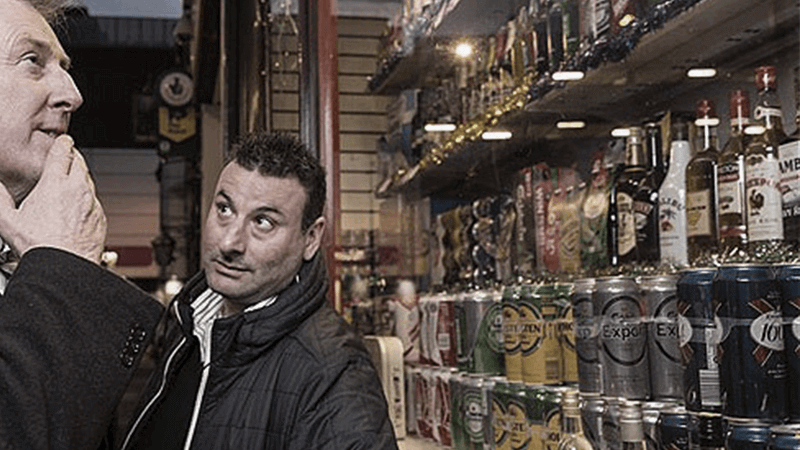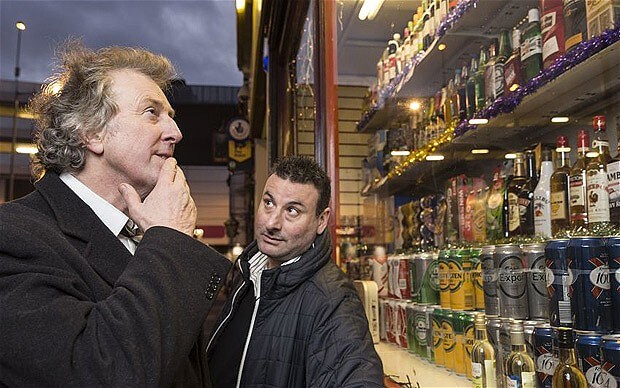[cs_content][cs_element_section _id=”1″ ][cs_element_layout_row _id=”2″ ][cs_element_layout_column _id=”3″ ][cs_element_image _id=”4″ ][cs_element_text _id=”5″ ][/cs_element_layout_column][/cs_element_layout_row][cs_element_layout_row _id=”6″ ][cs_element_layout_column _id=”7″ ][cs_element_headline _id=”8″ ][cs_element_text _id=”9″ ][/cs_element_layout_column][cs_element_layout_column _id=”10″ ][cs_element_headline _id=”11″ ][cs_element_text _id=”12″ ][/cs_element_layout_column][cs_element_layout_column _id=”13″ ][cs_element_headline _id=”14″ ][cs_element_text _id=”15″ ][/cs_element_layout_column][cs_element_layout_column _id=”16″ ][cs_element_headline _id=”17″ ][cs_element_text _id=”18″ ][/cs_element_layout_column][cs_element_layout_column _id=”19″ ][cs_element_headline _id=”20″ ][cs_element_text _id=”21″ ][/cs_element_layout_column][cs_element_layout_column _id=”22″ ][cs_element_headline _id=”23″ ][cs_element_text _id=”24″ ][/cs_element_layout_column][cs_element_layout_column _id=”25″ ][cs_element_headline _id=”26″ ][cs_element_text _id=”27″ ][/cs_element_layout_column][cs_element_layout_column _id=”28″ ][cs_element_headline _id=”29″ ][cs_element_text _id=”30″ ][/cs_element_layout_column][cs_element_layout_column _id=”31″ ][cs_element_headline _id=”32″ ][cs_element_text _id=”33″ ][/cs_element_layout_column][cs_element_layout_column _id=”34″ ][cs_element_headline _id=”35″ ][cs_element_text _id=”36″ ][/cs_element_layout_column][/cs_element_layout_row][cs_element_layout_row _id=”37″ ][cs_element_layout_column _id=”38″ ][cs_element_headline _id=”39″ ][cs_element_text _id=”40″ ][/cs_element_layout_column][cs_element_layout_column _id=”41″ ][cs_element_headline _id=”42″ ][cs_element_text _id=”43″ ][/cs_element_layout_column][cs_element_layout_column _id=”44″ ][cs_element_headline _id=”45″ ][cs_element_text _id=”46″ ][/cs_element_layout_column][cs_element_layout_column _id=”47″ ][cs_element_headline _id=”48″ ][cs_element_text _id=”49″ ][/cs_element_layout_column][cs_element_layout_column _id=”50″ ][cs_element_headline _id=”51″ ][cs_element_text _id=”52″ ][/cs_element_layout_column][cs_element_layout_column _id=”53″ ][cs_element_headline _id=”54″ ][cs_element_text _id=”55″ ][/cs_element_layout_column][cs_element_layout_column _id=”56″ ][cs_element_headline _id=”57″ ][cs_element_text _id=”58″ ][/cs_element_layout_column][cs_element_layout_column _id=”59″ ][cs_element_headline _id=”60″ ][cs_element_text _id=”61″ ][/cs_element_layout_column][cs_element_layout_column _id=”62″ ][cs_element_headline _id=”63″ ][cs_element_text _id=”64″ ][/cs_element_layout_column][cs_element_layout_column _id=”65″ ][cs_element_headline _id=”66″ ][cs_element_text _id=”67″ ][/cs_element_layout_column][cs_element_layout_column _id=”68″ ][cs_element_text _id=”69″ ][/cs_element_layout_column][/cs_element_layout_row][/cs_element_section][cs_element_section _id=”70″ ][cs_element_layout_row _id=”71″ ][cs_element_layout_column _id=”72″ ][cs_element_content_area _id=”73″ ][cs_element_gap _id=”74″ ][cs_element_content_area _id=”75″ ][/cs_element_layout_column][cs_element_layout_column _id=”76″ ][cs_element_image _id=”77″ ][cs_element_gap _id=”78″ ][cs_element_headline _id=”79″ ][cs_element_gap _id=”80″ ][cs_element_text _id=”81″ ][cs_element_gap _id=”82″ ][cs_element_button _id=”83″ ][/cs_element_layout_column][cs_element_layout_column _id=”84″ ][cs_element_image _id=”85″ ][cs_element_gap _id=”86″ ][cs_element_headline _id=”87″ ][cs_element_gap _id=”88″ ][cs_element_text _id=”89″ ][cs_element_gap _id=”90″ ][cs_element_button _id=”91″ ][/cs_element_layout_column][/cs_element_layout_row][/cs_element_section][cs_element_section _id=”92″ ][cs_element_layout_row _id=”93″ ][cs_element_layout_column _id=”94″ ][cs_element_global_block _id=”95″ ][/cs_element_layout_column][/cs_element_layout_row][/cs_element_section][/cs_content][cs_content_seo]The first thing we naturally do when we see a loved one with a problem like an emerging addiction, is we will try to talk to them about it. But unfortunately, anyone with addictive illness is going to be resistant to your attempts to engage them in conversation about their negative behaviours as they begin to feel their addictive illness being threatened. Because they associate pleasure with their addiction, even though you are scared for their long-term welfare, they will begin putting blocks up and forming excuses in order to keep you away from the pastime that they are associating with serving them, rather than consider ceasing.
Here are 20 examples of denial, deceit and deflection that you may hear and begin to recognise someone with addictive illness (an addict) using in their attempts to justify or cover up the depths of their disease.
1. I only do it occasionally
Instead of flatly denying the abuse of a substance, the addict may concede that they have just been engaging a little, or at weekends or special occasions. This is called minimising and it’s an attempt to underplay the seriousness of the problem and an attempt to cover up what they are beginning to know is true (hence the “white” lie). A rough estimate is that an addict admits to around a quarter or less than their actual usage, if they do admit to anything at all.

 [/cs_content_seo]
[/cs_content_seo]












